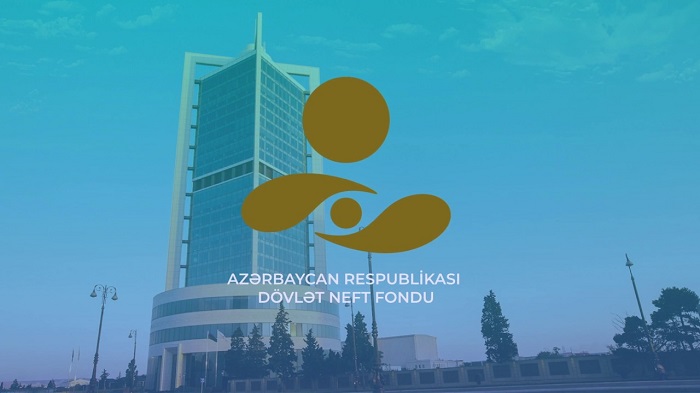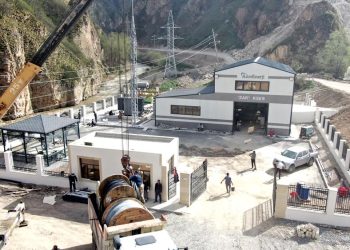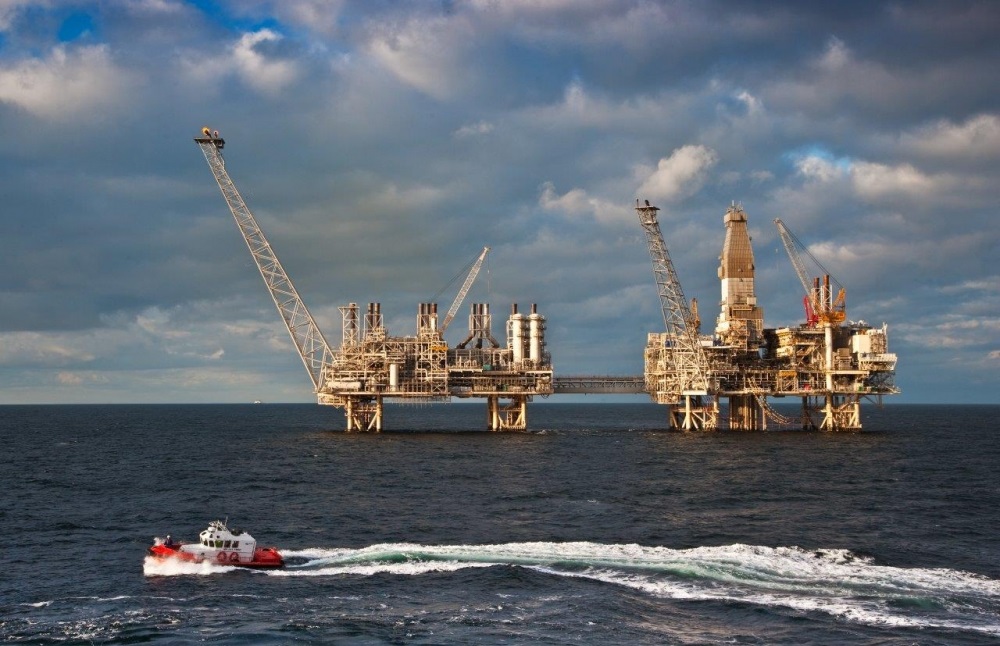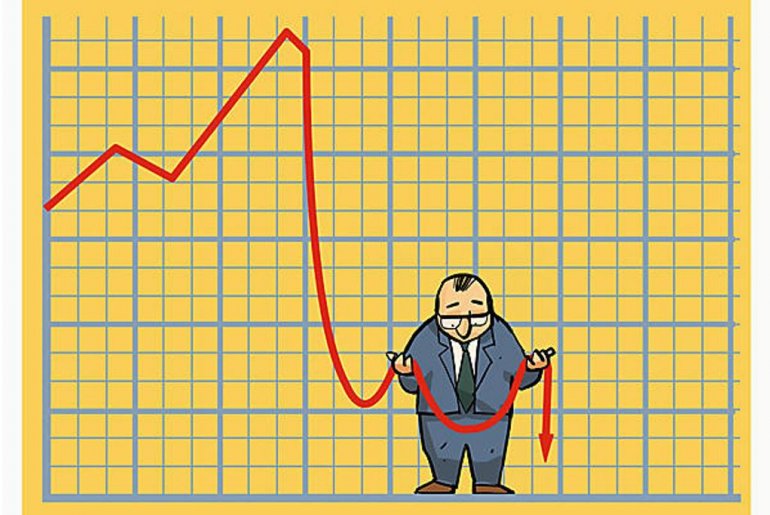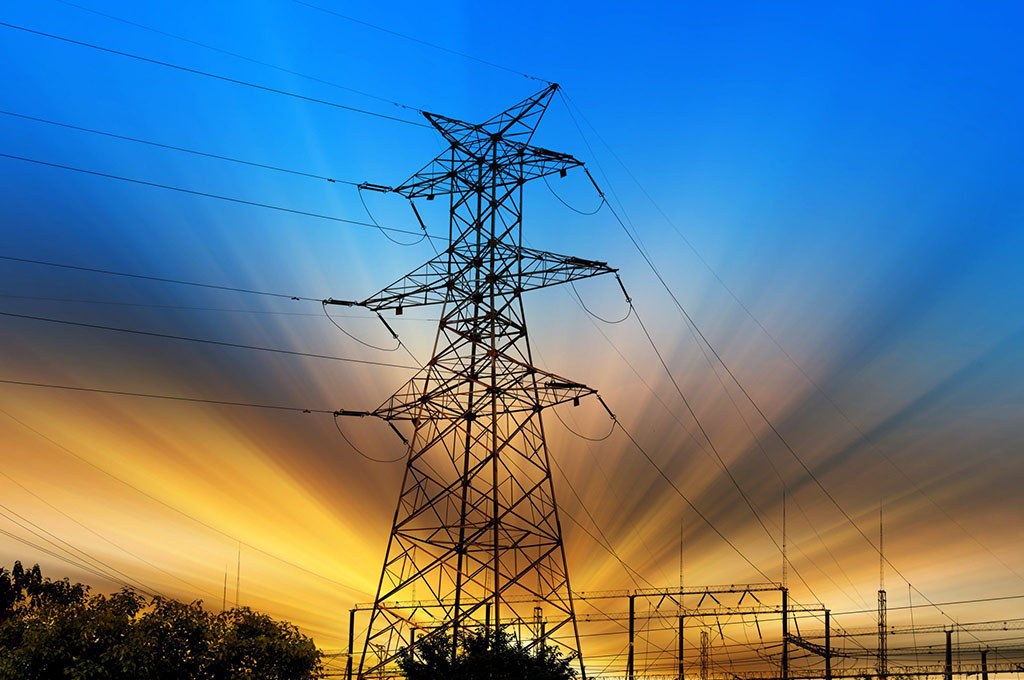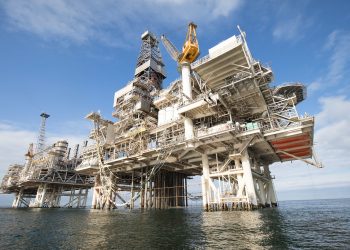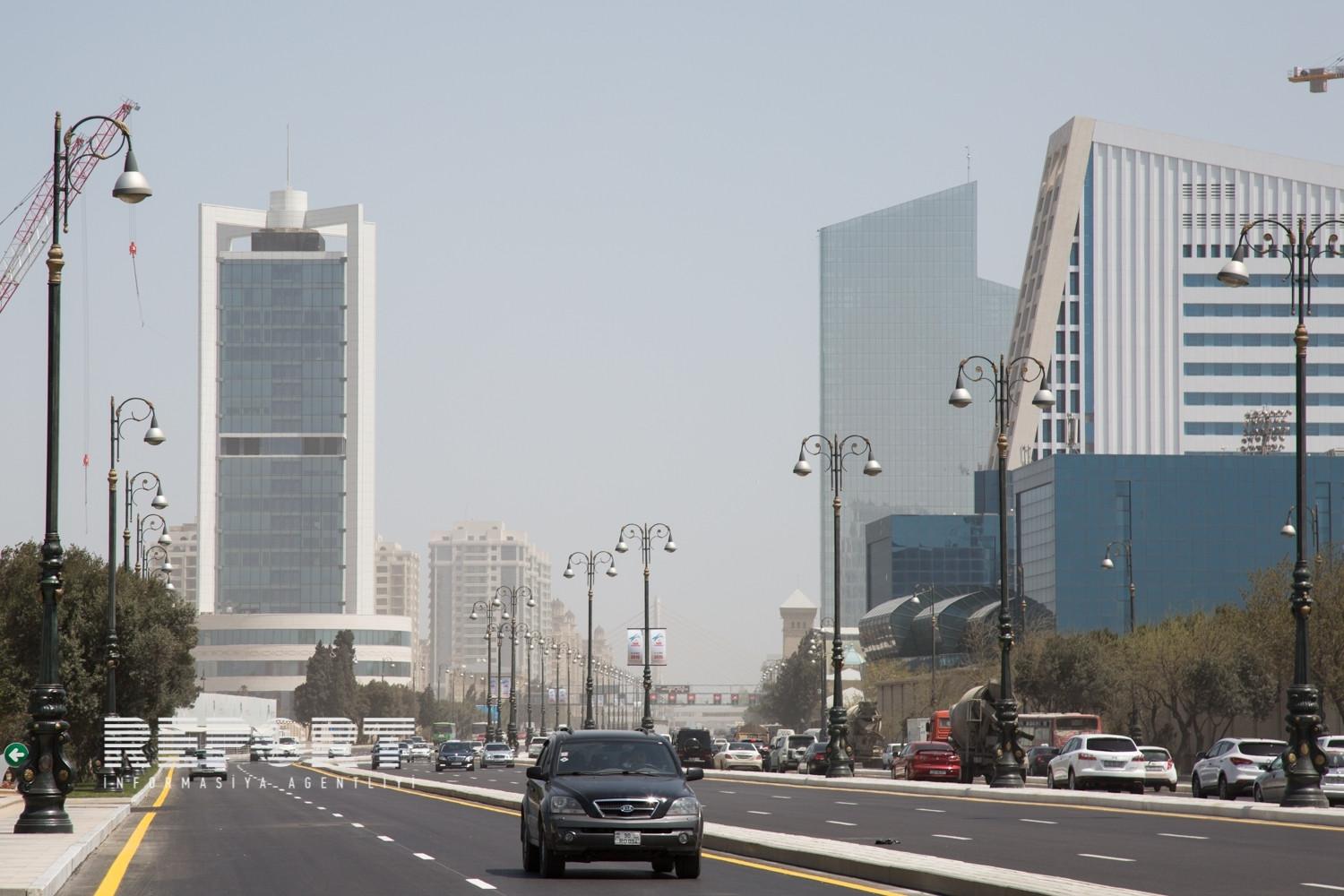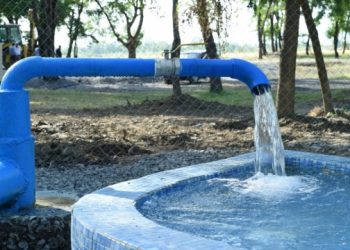Construction of the Trans-Adriatic Pipeline (TAP) to take gas from Azerbaijan to Europe will go ahead despite low oil prices, but costs will be in sharp focus, a senior executive for TAP said on Tuesday.
 The 870-km (540-mile) pipeline, which will link Azerbaijan’s Shah Deniz II field with Italy, crossing through Georgia, Turkey, Greece, Albania and the Adriatic Sea, is the largest project to bring new supplies to European consumers.
The 870-km (540-mile) pipeline, which will link Azerbaijan’s Shah Deniz II field with Italy, crossing through Georgia, Turkey, Greece, Albania and the Adriatic Sea, is the largest project to bring new supplies to European consumers.
Asked about the impact of plunging oil prices on the project, TAP’s country manager for Greece, Rikard Scoufias, told an energy conference in Athens: “The project will not have an impact in terms of challenging the realisation of TAP in any way.”
“The financial investment decision has already been taken,” he said. “But it does put an additional emphasis on cost management.”
Global oversupply knocked crude prices from mid-2014 highs above $100 a barrel to 12-year lows earlier this year.
Scoufias told Reuters pipeline construction work is expected to begin in the middle of the year.
“I cannot be specific on a date but the middle of the year is now where we plan to start construction,” he said.
Around 10 billion cubic metres (bcm) per year of Azeri gas should reach Europe by 2020 at the latest through TAP as well as the South Caucasus Pipeline through Georgia and the Trans-Anatolian Pipeline (TANAP) through Turkey.
Greece is struggling through an economic crisis and record high unemployment. Unlike other foreign investments, its leftist-led government has been supportive of TAP, which along with another natural gas pipeline scheme, the Interconnector Greece-Bulgaria (IGB), is seen turning the country into an energy hub in southern Europe.
Scoufias said despite business risks, TAP remains committed to the multi-billion euro project, which will create an estimated 2,000 direct and 8,000 indirect jobs in Greece, according to independent studies.
“Our view has not changed. We have a commitment to investing in Greece,” he said. “It’s not only doom and gloom. There are actually investors who are looking in Greece and our partnership with the Hellenic Republic has been very constructive.”
Two Greek construction firms, Ellaktor and J&P Avax – in separate joint ventures with a French and Italian company – have signed contracts to build the Greek part of the pipeline.
TAP is owned by BP, Azeri state energy firm SOCAR, Snam, Belgian company Fluxys, Spain’s Enagas and Axpo.
Reuters


